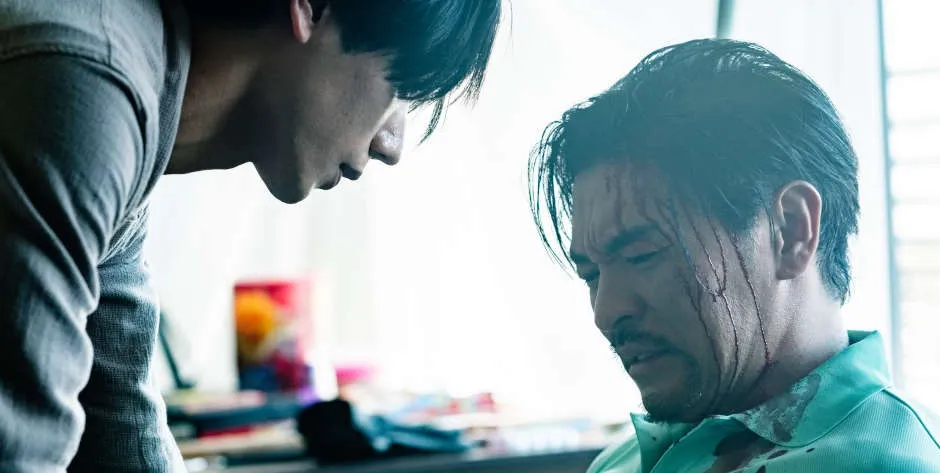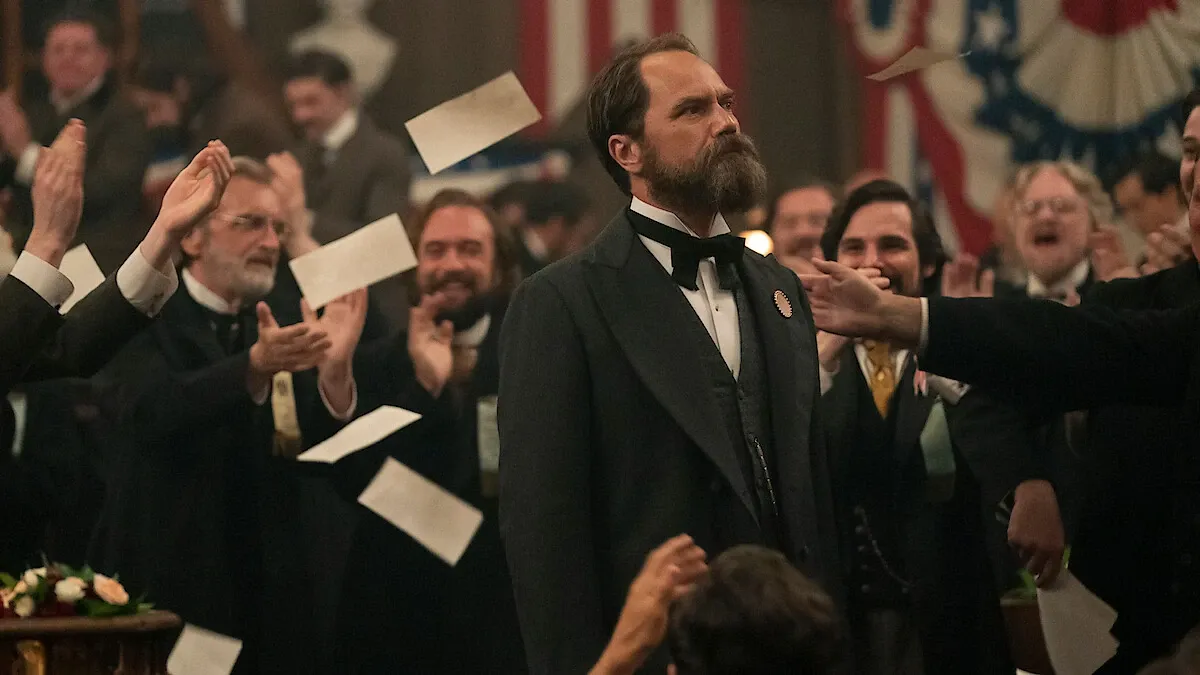★★★★ | Play it again, for old time’s sake.
Set during a long sweltering day of a Chicago summer, MA RAINEY’S BLACK BOTTOM is the latest adaptation of master playwright August Wilson’s material. Featuring the last performance by Chadwick Boseman, taken from us suddenly and far too young, it is a showcase for the immaculate actor and a living testament of his talents.
Ma Rainey is a successful Southern act in Chicago for a lucrative, but ultimately demeaning, record deal. Alongside her comes a band of session musicians, including the talented but hotheaded Levee (Boseman), who feels outgrown of the troupe. As the long afternoon drags on, temperatures and tension rise, and the recording session becomes a turning point for everyone involved.
Viola Davis plays Rainey, a thundering, magnetic presence who commands respect at every turn. Fully aware of her place in the food chain, Rainey wields her authority like a shield and sword, keeping everyone at bay lest they try and take advantage of her. Even as her managers (suitably skeezy Jonny Coyne and Jeremy Shamos) bow and simper, she knows the smiles fade as she turns her back. As always, Davis is immaculate in the part, imbuing Rainey with profound tragedy within the bellowing bravado. You can see how tired she is, not least from the heavy eyeshadow and gait, but in the way Davis’ eyes flicker with sorrow at just how much she has to fight for every single inch.
Equally brilliant is Chadwick Boseman as Levee. Already an icon thanks to his part as T’Challa in BLACK PANTHER, Boseman was a charismatic, showstopping presence in every film he appeared. Here, for a second time this year, he’s as electrifying as ever, even as he’s visibly ill on screen. Levee is a man constantly second-guessing himself yet too bullheaded to stop and think what those choices mean. He knows he’s got one shot at success, if that, but without the means to claim it.
Boseman’s performance would already be spellbinding without his loss, but the combined tragedy makes it one for the ages. When Levee desperately howls at the heavens for a future he knows isn’t coming, you can’t help but feel it burning from the heart. The Kuleshov effect plays heavily into this, I’m sure, but it doesn’t detract from the emotion.
It’s both Davis and Boseman who carry the film through even the idlest moments of the brisk film. Adapted to the screen by Ruben Santiago-Hudson, Wilson’s words are immaculately preserved, often to the point of detriment. An early monologue, in which Boseman reveals the violence that haunts him, is effectively chilling and heartbreaking, but so stagey it stands out in all the wrong ways.
Faithful to Wilson’s text, it also doesn’t miss the subtext of art and corporate colonialism. Behind the music and the jesting lies the dark undercurrent of exploitation that artists, especially those not born white and male, have fought against all their lives. It showcases with subtlety the terror that awaits beyond the recording studio’s safety and how, with the instruments packed away, even that safety reveals itself a cheap veneer.
Such it is with the grand finale, which probably works miles better in the intimate confines of a theater, but on-screen feels abrupt and unsatisfying.
Despite its missteps, when MA RAINEY’S gets going, it barely stops to breathe. From the actors’ movements, all veterans of stage and screen, to the harmonic dialog that ebbs and flows beautifully, this is a film of tremendous talent from beginning to end.
While not perfect, it’s another milestone for Netflix in delivering smart, adult fare to theaters, and a gorgeous swansong for an actor gone too soon.












